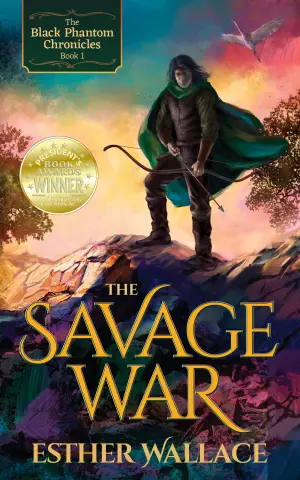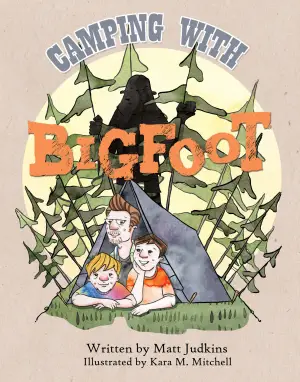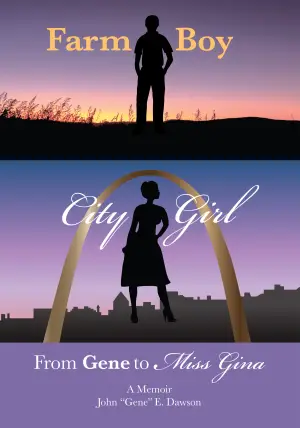Finding Harmony in Loss: A Reflection on Songs for the Brokenhearted
Have you ever stumbled upon a book that feels like a secret melody, one that instantly resonates with your own experiences, even if they’re buried deep? That’s how I felt picking up Ayelet Tsabari’s debut novel, Songs for the Brokenhearted. This book isn’t just a story; it’s a poetic exploration of identity, memory, and the often-messy connections between family and culture, all set against the haunting backdrop of Yemeni folk songs. Tsabari’s work invites us to dig deep into our own histories, making it impossible to read without reflecting on our personal narratives.
The novel weaves together the lives of Saida and her daughter Zohara across two distinct timelines: the 1950s in Israel and the 1990s in New York. Saida, a Yemeni Jewish woman navigating the turbulence of post-war Israel, finds herself in a forbidden romance with Yaqub. Their love is portrayed with a bittersweet intensity, a poignant reminder of how societal expectations can complicate even the purest affections. The way Tsabari writes about their stolen moments by the river—“He wiped her tears with his finger…” —brims with longing and invites readers to share in their bittersweet joy and palpable fears.
Fast forward to 1995, where we meet Zohara, who stands on the other side of her mother’s unfolding legacy. Her reluctance to embrace her Yemeni roots mirrors many of us grappling with our own cultural histories. The complexities of her character are beautifully rendered; Tsabari delves deep into her conflicting feelings, making her journey of self-discovery both intimate and universal.
What particularly struck me was the lyrical richness of Tsabari’s prose. Her writing feels musical; every word carries a weight that vibrates long after reading. The vivid descriptions of both 1950s Israel and 1990s New York are sensory delights, as if you can truly taste the Yemeni soup and smell the fresh pita. Zohara’s budding appreciation for her mother’s folk songs became a turning point, connecting her to her heritage in a deeply moving way. The passage, “I could almost hear my mother’s voice accompanying me, harmonizing," encapsulates this transformative experience beautifully.
While the book soars in many areas, it does occasionally stumble. Some plot points in the 1995 timeline felt hurried, and the historical backdrop surrounding Yitzhak Rabin’s assassination felt somewhat disjointed. Still, these minor setbacks don’t overshadow the powerful narrative Tsabari has woven.
Songs for the Brokenhearted is a compelling debut that will resonate with anyone who has ever felt the tug of family connections, cultural identities, or the complex web of love and longing. It’s a powerful reminder that regardless of our background, the search for belonging and understanding is a universal journey.
I wholeheartedly recommend this novel to fans of multigenerational family sagas and those eager to explore the nuances of identity. It pairs beautifully with works like Dalia Sofer’s The Septembers of Shiraz. Above all, this reading experience left me not only enriched but also contemplative about my own familial songs and the stories waiting to be uncovered. If you’re ready to embark on an emotional journey through music, memory, and the intertwining lives of mothers and daughters, this book is a melody you won’t want to miss.
Discover more about Songs for the Brokenhearted on GoodReads >>













